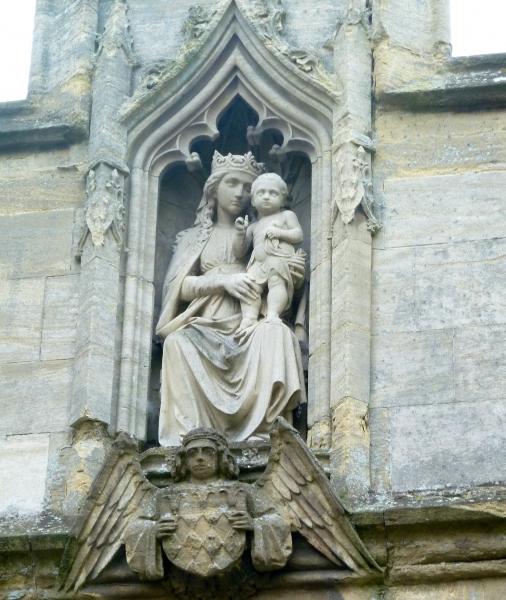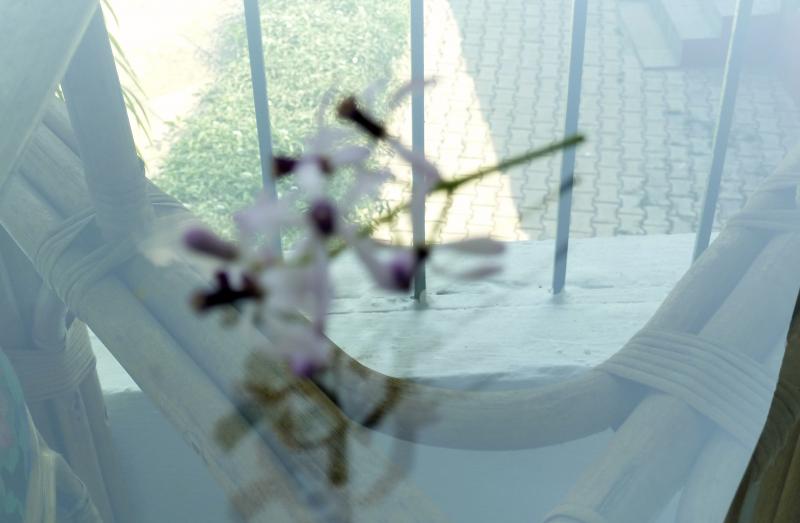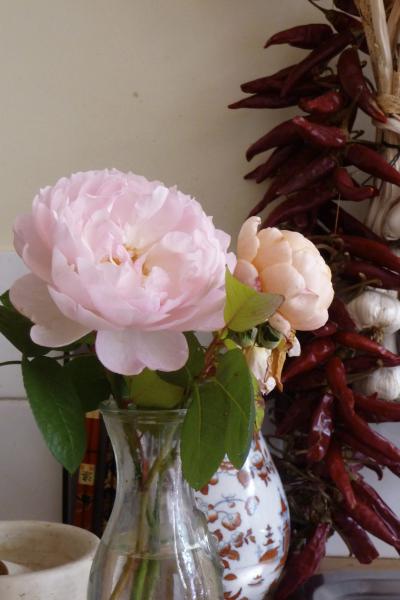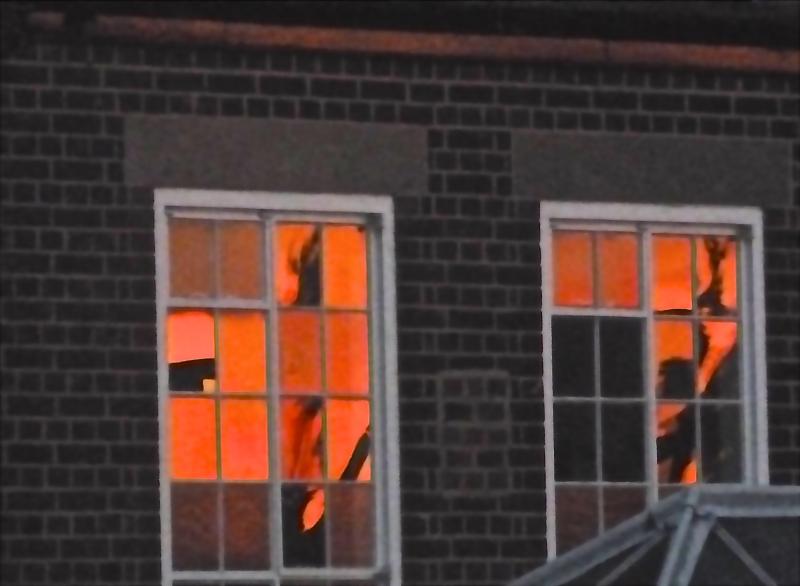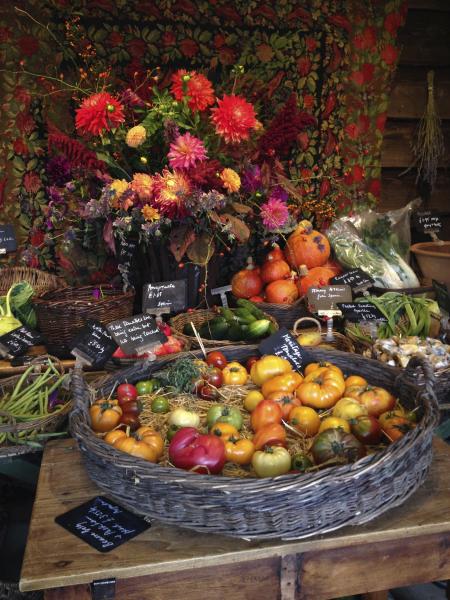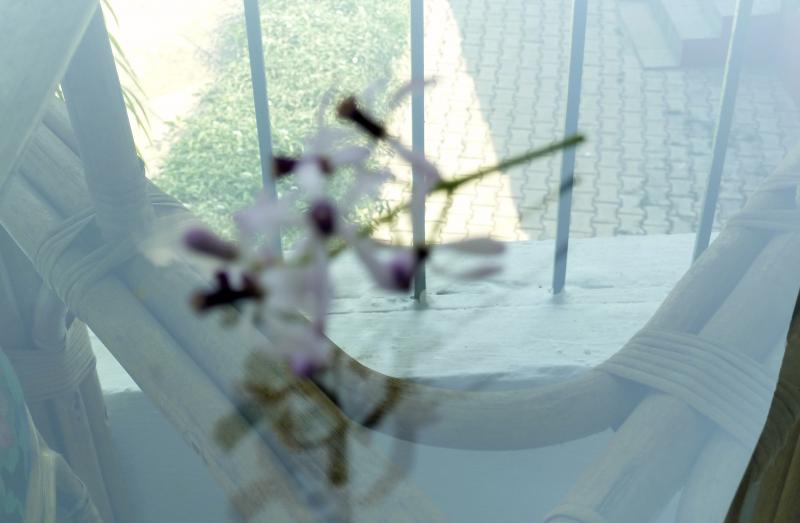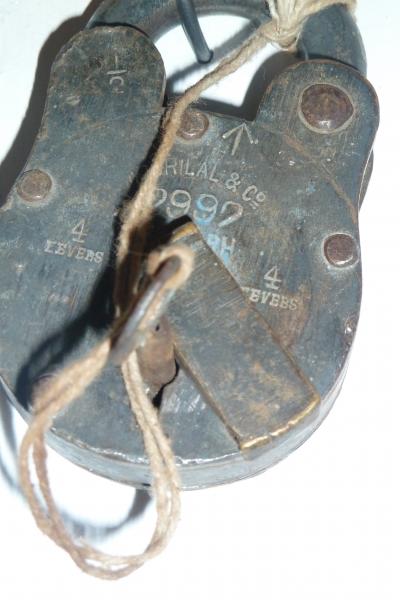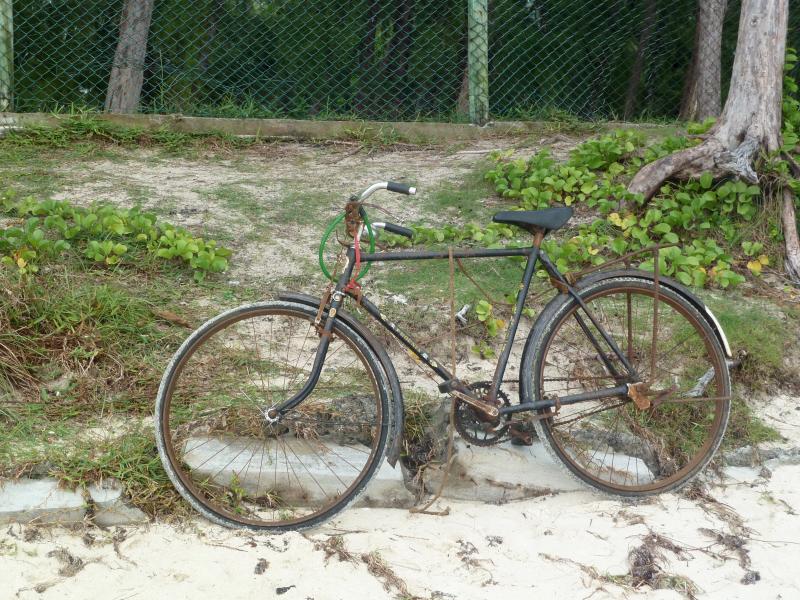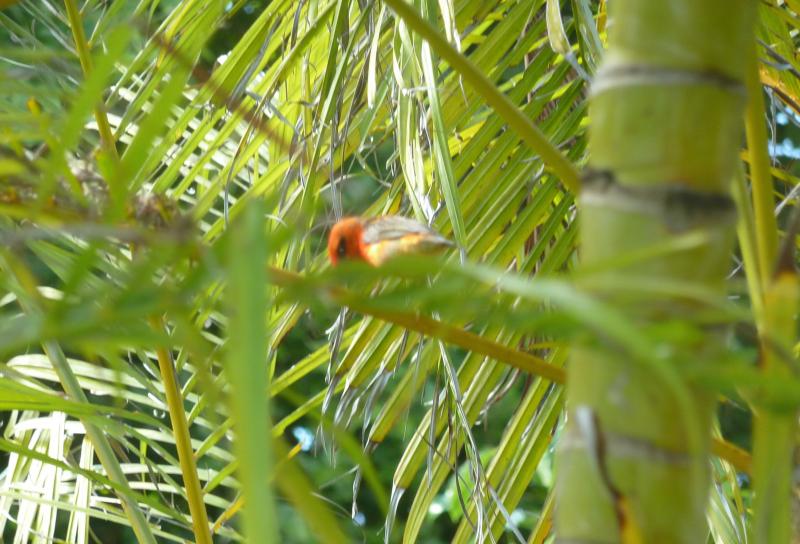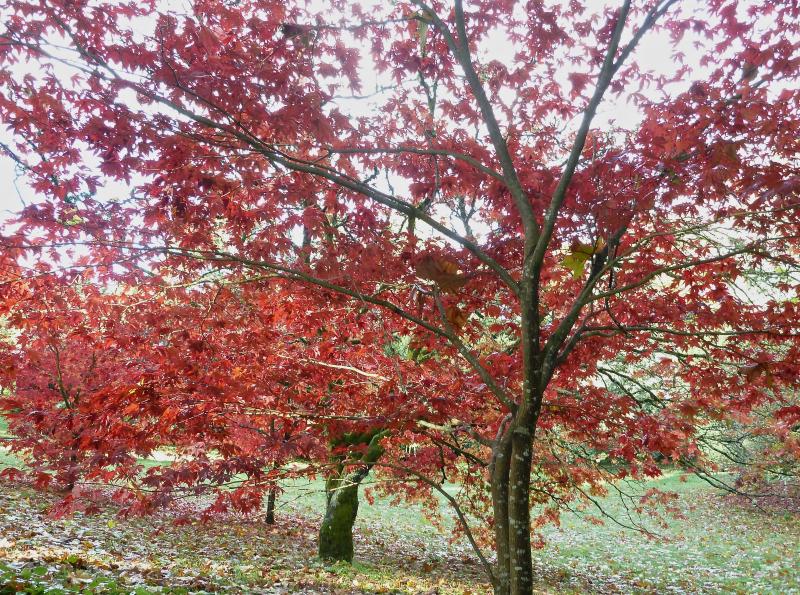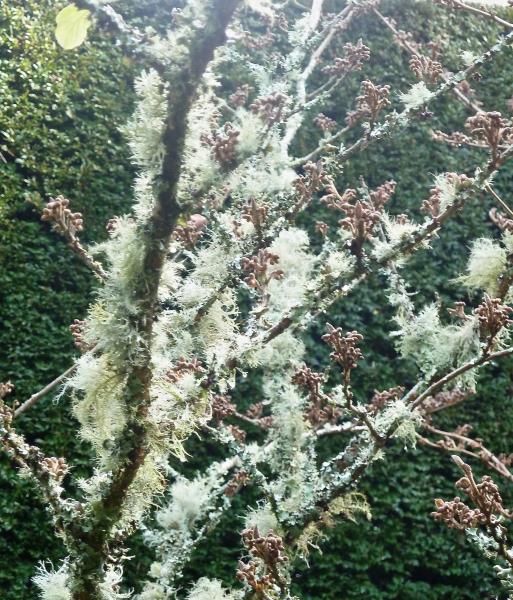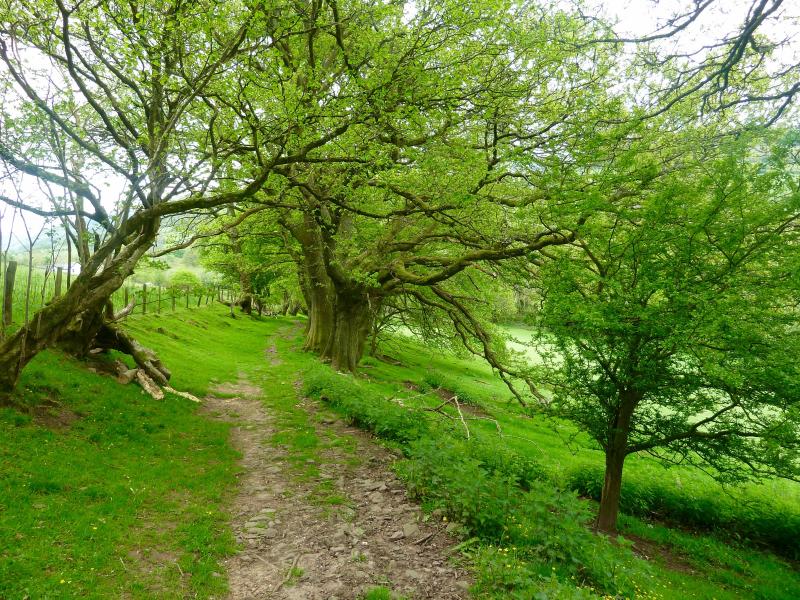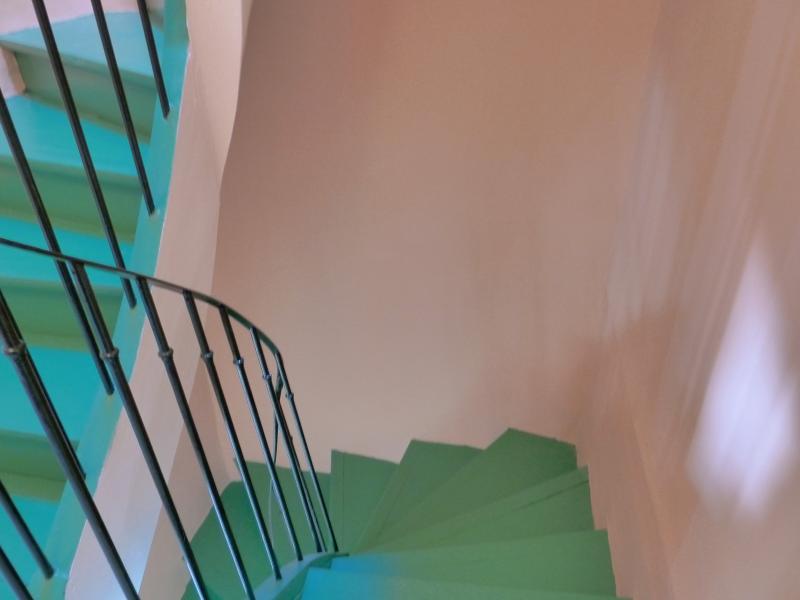
Agonda Beach
The sound of surf is ever present and soon becomes part of my heartbeat. I don’t hear the roar as separate from my circulation until I move away from the shore- and then it’s absent like a friend who’s gone somewhere else. I listen to the waves boom, braking the limit of their journey and leaving behind a thin-rimed impression as they retreat. Sometimes they curl quietly upshore, less fulsome at nine in the morning and four in the afternoon, though that changes with tide times.
At six a.m. the moon is bright, inking in shadows of coconut trunks and fringed palms on the sand, the ghostly surf ever rising and foaming a few feet away. The water is silvered like an old mirror, alien and other-worldly. The cocks are still crowing, long leisurely calls, but the strays keep silent having barked themselves to exhaustion.
In this out-of-the-way strip of South Goa, the calm prelude is suddenly assaulted by the throaty cawing of crows and the honking of the early bus to Margao. Nothing much will happen, though yesterday there were two funerals- one Hindu and one Christian.
Children will dawdle to St Anne’s Church School, an L-shaped phalanx next to the church, which itself is an enormous white-washed edifice set back in a spacious yard. Similar complexes keep alive parish life in all corners of the State. St Anne’s goes back at least 200 years, neat and cared for, with its faux stained glass skylights and sorrowful depictions of Stations of the Cross. The fishermen will push their mango wood half -catamarans (on the horizon looking like awkward insects) into the waves for a morning’s search for bounty, while their up- to- date brothers have been chugging miles out to sea all night in diesel powered boats, hoping to land a decent catch: mackerel, tuna, pomfret, many-hued snappers, prawns, lobster, and a spectacular magically coloured fish- a kind of strawberry blonde with bands of orangey lustre; an enchanted monster that might hold a handful of pearls in its wide mouth, or a great ruby in its belly.
On Tuesday, hanging up her normal long nightie-like garment, Rajeshwari donned a sari and matching blouse and with flowers in her hair, earrings glowing against her perfect skin, carried such a golden fish in a basket on her hip. She lifted up a corner of the covering cloth to allow a glimpse to passersby and sold it for Rs 300.
Her brothers-in-law, Suresh and Anil, landed it early in the morning. The two men never say a word, walking in slow, slouch-heeled deliberation to the end of the property to gaze seawards with far sight. They might get busy fixing a gate or an awning of coco matting for the German tenants, but otherwise their routine is discreet. Madhu the youngest brother is the one with business acumen and runs a taxi service on the side. On the rear window he has painted “Ridhi Sidhi” in green and yellow. He flashes very white teeth and the whites of his eyes are also very white in his dark face. There is something panther-like and watchful, even dangerous, about his presence.
In the quarter hour before the sun stains the eastern sky with colour an impenetrable chill points a finger to the moment before the first joggers bob past and the strays begin tumbling and chasing their tails. Time seems to stand silent in Surya Namaskar. In the hush following- just seconds- one can sense a trembling non-motion that might be called infinity. Suddenly, the Nepali cook from the shack next door clears his throat with ghastly retching noises, blows his nose with his fingers and the illusion disappears just as the moon flies off its perch in the sky leaving a thumbprint memory.
Woodsmoke with parathas cooking on open fires, and the Nepali slices carrots for chop-suey and other Chinese menu offerings, which of course he is qualified to create solely because he has slitty eyes. The menu board proclaims Chinese, continental, tandoori and Goan “Delicious Miracles food” but attracts only the attention of many strays luxuriously scratching their fleas. It opened a week ago after much clattering and banging. Madhu glanced sourly in its direction sucking his panther teeth. His mother, the old witch, slouches up and down the dividing wall throwing malevolent looks at the upstart neighours. They are a poor and disorganized lot, Hindus, who owe the money-lender 7 lakhs and yet have employed the Nepali and a washer-upper. A semi-finished hut for tourists sits untidily in their compound with gaping holes for doors and windows. The yard is the playground for a couple of dogs and a pup that yelped day and night until I told them to shoo it away.
Three nights ago when I walked through the clean sandy passage that leads to Anil and Vanita’s little shop in front of the compound a volcano erupted, a hundred times more profane than the morning hawking. Anil’s daughter Neelam breathlessly reported that their luckless neighbour was bringing up his guts, screaming at the same time that he was dying. The noise was indescribable. I imagined a huge fish being played on a tautening line, its life yanked by some invisible hand. The yells of the poisoned man were accompanied by descant wails of frightened children. Ivo, the know-all taxi man jumped on his bike and roared off to fetch an ambulance. Mobile signals don’t reach the village and the landline was dead because Neelam and her sister had run up such an account that their parents had not paid their bill.
Authentic village life it may be, but the price is no clinic or doctor, no lifeguards on the beach, lots of bad restaurants, two STD booths- clogged with Bihari labourers- drug dealers, sharklike autorickshaw and taxi owners, a pushbike hire place, a line of fisherwomen squatting by the dirty creekwater but not one green coconut to be had for love or a great many rupees, because no one climbs the trees any more.
There was talk of phenyl, but next morning I wonder if the man has died? Is he okay? What happened?
My landlord’s family look blank, until Vanita- Anil’s wife- smiles her toothy smile. “He ate just a little bit of poison” is the only information available. The old witch isn’t anywhere to be seen all day. Madhu shrugs that he was away and Ivo the know-all says pointedly “We don’t interfere in other peoples’ family business.”
A few miles south, Palolim in only four years has mutated into a bazaar of shopkeepers from Kashmir, Tibet, Karnataka and God knows where else. Their only commitment to anything local is their vampire-ish hook-up to tourists’ pockets. Neon-lit eating places offer desserts like “Say Hello to the Queen” (a devil-may-care combo of icecream, chocolate sauce, biscuits, custard), slightly suspect seafood, tandoori, pizza along with everything else under the sun including falafel and hummus for the Israelis. In one Gujerati owned place sweating Goan waiters wrestled with the additions, two Australians strummed and sang tuneless songs on a rickety stage and a lone Englishwoman did her Memsahib act by sending back dish after dish and wagging her finger at the waiter. I went back to the bazaar to hunt for my torch left behind in a shop and, ignoring heartfelt denials in inimical Kashmiri sing song, leaned over the counter and managed to retrieve it. Palolim is crawling with swindlers speaking Nutrasweet English which masks a heartfelt contempt for the suckers who finger their wares, even though in this post-Tsunami year business is far from lively.
Agonda, in contrast, is laid-back and charming. It’s hard not to become attached to it and harder still not to agonize over its possible fate in coming years. The villagers are rustic even though their former lives as agriculturists have changed forever. Paddy and vegetables are grown further back in the hinterland and work is now all tourist orientated.
“GG! Golden Goa! Goa Squared!” declaims an ex-schoolteacher raising a mock-nationalistic fist. The locals are trying to deliver dream holidays of sun and sand on a budget, but the slogan hasn’t been coined for nothing- the names Suvarnabhumi and Sunapartna were given in pre-Buddhist times long before Hinayana Buddhism had a home in these parts.
Agondans are groping their way into the modern economy, but without guidance and little support from those more experienced in the ways of the world. They remain friendly and tolerant and are always ready for a chat as long as you don’t touch on awkward topics like governance, politics, the Panchayat and the local MLA.
The beach curves in a long 3 km sweep of clean blonde sand punctuated by black round shouldered boulders on the south climbing up a headland covered in cashew trees. In January the mango and cashew burst their annual blossom, the “phoot”, a heavenly perfume carried in drifts by the breeze. On this south shore the waves break strongest and highest, whereas in the northern end the sea runs mildly into a little creek with many of the semi-catamarans beached on higher sands. Rounding the northern cape one comes to Cabo Rama (Cape Rama) where Rama was supposed to have landed on his way back to Lanka.
Soon after the middle of January visitors noticeably dwindle and teenage girls from Karnataka slap forlorn feet on the hot sand trailing bags of expensive sarongs and jewellery from one isolated sunbather to another. Gita is 15, a pretty child-woman who speaks excellent unaccented English which she says she learned on the beach, although she can’t read or write. “My mother gets Rs 700 every month from my boss. I served as a maid in his house when he brought me to Candolim three years ago. I get one meal and they beat me if I don’t sell. No, I don’t have to go with those old fat white men- they are like my grandpapas. No, no, I don’t have to do anything I don’t want. My mother has a big debt to pay off. I miss her. I miss a mother’s love.” Her eyes go flickering to a point over my shoulder and I get the feeling that there is only a little bit of fact to her story.
Coco huts stand on stilts all the length of the bay. Why are the locals such poor or uncaring craftspeople? Their boats are not beauties, just solid mango wood craft tarred with cashew husk oil and bound with a cross stitch of coco fibre. The huts are flimsy things put together for the short season and packed away during the monsoon months, or they would be torn apart by ferocious wind and rain. They are as crude in design as the layout of the concrete bungalows. Two or three tiny rooms, sometimes with a bathroom, kitted out with big clumsy beds and little else. Plastic chairs and tables (where is the graveyard of plastic chair and Bisleri bottle mountain?) sit like unwanted visitors on verandahs and the windows are bare of curtains.
In contrast the local MLA (BJP) lives in a grand house in the nearby market town of Chaudi, which has a railway station on the main line to the South. Would it be an idea to adopt Agonda as a model village, maybe create an example of how tourism could develop? The plastic, the strays, the accommodation, the unauthorized building, the corrupt Panchayat, in short an eco-friendly environment I enthuse picturing happy villagers engaged in Gandhian cottage industries and smiling tourists. He looks uncertain and talks about 5 star hotels providing employment. Think of the pressure on resources! Sage nods are followed by calls for tea and snacks. A large wood inlay depiction of Ganesh hangs over the arch leading to the wrought iron bannistered stairs and the ceiling fan circulates whirlygig reflections on the glossy marble floor. I am sweating and the spicy snacks cause an even more enjoyable sweat when I think of friends up North huddled in their woollies.
“Huh, thinks he’s a film star,” sneers someone in Agonda who has known him for many years. “Got big ideas when he acted in Konkani plays.” The MLA certainly fits the part with his sleek side-parting and ubiquitous toothbrush moustache. He waxes lyrical about bauxite roads that he has built, the hospitals that stand resplendent- except there are no patients since the buildings are still missing essential furniture and equipment.
And that very big architect designed building on the hillside with a fine view to sea? That is obviously some investment, I try to draw him out. A myopic Sikh contractor queuing up for the phone booth had responded delightedly to my Punjabi so far from home, and even offered to show me round the 7 bedroomed mansion if I cared to walk up the specially constructed red road. The locals refer to it as a hotel and seem curiously un-interested, even though it is going to be the most significant building for miles. Hundreds of workers from Bihar, Delhi and Rajasthan are beavering away day and night to complete it. “If one tile is placed wrongly the whole thing has to be re-done, that’s how fussy they are.”
As soon as they have a regular break, the Biharis (as they are called) cluster round the phone booth to call distant villages and enquire after their wives and children. What do they make of the white foreigners on the beach who sprawl practically naked on the beach in their thongs?
I feel the Sikh contractor has been deliberately vague about the proprietor of this project: some Punjabi businessman from Delhi called Vadhera, or Vadhra. I ask the MLA if by any chance it is someone from Sonia Gandhi’s family? Perhaps her son-in-law’s family?
The Bofors arms deal scandal of fifteen years ago is in the news again. An Italian family friend of Sonia’s, Mr Quattrocchi, who brokered the deal at the time of her late husband’s prime-ministership, is shown smiling broadly on the front page of The Times of India, now that his millions have been un-frozen in Switzerland. The Central Bureau of Intelligence has not been able to trace the source of his immense wealth. Apart from the usual crowd of sycophants Delhi-ites are cynical about Sonia’s credentials and motives in creating a niche of stupefying power and authority for herself and her “dynasty”. There are snide references to her CV which says she studied at Cambridge, when in fact her alma mater was the Bell School of Languages- an institute that gives courses in English grammar and conversation to au pairs. Imagine the Indian widow of, let’s say, a British prime minister being offered such a privileged position as the Congress have given Sonia.
“I raised a question in the Assembly”, the MLA points an expressive finger to the ceiling. “It is 5 acres of reserved forest land and many rules have been broken or ignored in a Coastal Regulated Zone.” As the Panchayat, like the State Government, consists of members of the Congress party, winning it over couldn’t have posed a problem. Is there a historic link between this development and the 5 star hotel that looms like an abandoned sea liner not half a mile away? I find that Rajiv Gandhi was a partner in that doomed enterprise, which was shooed off by villagers many years ago. Now the Agondans play dumb, so I wonder what has changed since the late eighties?
As I drink sweet milky tea in a dainty cup a character who used to be head of the municipality jumps to his feet like a Johnny Walker comedian. He reels off a list of noble deeds performed by the MLA, who coyly waves him down. Hospitals, schools, roads, women’s charities- each mention is modestly dismissed by my host, who runs a prosperous stone crushing business among other things. Mind you, Stone crushing has been outlawed.
Many assurances are given by the MLA that he will visit Agonda and walk through the village listening to grievances. He complains that villagers want everything done yesterday. I wonder why he doesn’t hold regular surgeries on site. “They know where I am,” he protests. He gallantly escorts me back to the auto-rickshaw stand in his shiny car. But later in the week, even after a couple of calls reminding him of his promise the erstwhile film star hasn’t shown up.
Back on the beach, at 8 a.m. a shaven headed Russian swimmer rolls back massive shoulders and wades into the water flicking aside the mighty surf as it stampedes towards him. He takes a header, surfaces with his crawl, going strongly ahead for the open sea. After an hour his anxious wife shades her eyes and scans the distance until his black head becomes visible. His golden haired child is making sandcastles when a silver dolphin arches through the shallows. I express admiration for his stamina. “Is nothing,” he says airily. “I sleep, I swim.” A former international athlete, he is recovering from the effects of steroids and rumour says that he was part of the Russian mafia. Fed up dicing with death he became a sanyasi at the Osho ashram in Pune. He is supposed to be bringing half a plane load of fellow countrymen to do yogic asanas on the beach soon.
Most of the tourists are Russian or Israeli. The Israelis are tanned and fit after their army service. They roar up and down on their Enfields, more often than not stoned out of their minds, eking out their $2000 de-mob payoff parsimoniously to make it last as long as possible. I made friends with three middle aged Sabras, all healers of one sort or another: energy renewal, voice therapy, Reiki. Abrasive on top and soft as marshmallows on the inside, all have family origins in Austria, Germany and Poland. There were Jews in Goa even before the Portugese arrived, prospering as traders after fleeing the Spanish Inquisition of the 15th and 16th centuries. But the Inquisition relentlessly followed the Sephardic Jews to Goa and some of them converted to Catholicism, even when it was sometimes a nominal conversion.
The French are also here in numbers, even middle aged travellers, spartan in their tastes and adventurous enough to go third class to Kerala, Karnataka and Hampi.
But friendly foreign invasion is nothing new. Five hundred years ago Old Goa was the hub of trade from all parts of Europe and a dozen languages could be heard in its narrow streets.
After the full moon the sea starts to behave differently. Spidery vermicular tracks left by ebb-tide now reach right up the beach and the strength of the waves has hacked a shelf of sand where there was a level stretch all the way round. The waves are high, relentless and the water heaves with impatience carrying undertows that make swimming a little scary. At night the noise of the incoming tide makes me think of the Tsunami, which was also felt here on the western coast.
“Suddenly the water was sucked back about 2 km leaving this shining stretch of sandy bed and 15 minutes later when people were wondering if they should rescue the fish thrashing about it swept back again, this time into compounds and gardens. The night before that monkeys were congregating around the abandoned hotel on the hill and dogs howled for hours. In fact, this November it was very still and humid and the sea looked like glass. We were terrified another Tsunami was on the way.”
Now an elfin faced Israeli ex-commando rolls up her beach towel brushing the sand off her thighs. She says she loves fighting with the waves, but today they are just too strong. She won’t go in at all.
By the strangest coincidence I run into someone I haven’t seen in 35 years. When I book myself for a massage we discover that we had dined in one another’s homes in Nigeria in 1971. Agonda is like that. I have exchanged addresses with half a dozen people in so many days. An English couple, a Canadian who sits reading spiritual books on his verandah, A Sierre Leonese, a Goan ex-Headmaster and his family, Israelis and numerous others with whom I’ve had interesting conversations, including a young Kashmiri and his Swiss girl looking for business opportunities.
To be fair, Palolim, Rs 100 to get to by autorickshaw, isn’t without interest: broadband, money exchange, travel agents, pharmacies, health food cafes serving tofu and eschewing drinking straws. The toilets aren’t impressive, but the food is a change from the Agonda fare. I tried cycling there once, but only made it three quarters of the way. Opposite the place where they can burn CDs for Rs 15 each, four pretty Goan girls are busily engaged with their sewing machines. They run up wrapround trousers, skirts, tops, bags and alterations on the spot. Jayanti, Anupama, Lalita and Rohini present a sunny front until their boss, an unctuous man from North Delhi named Sabir Singh (“We are Pandits”) informs me that they are paid only in meals. I neglect to ask how many, but express astonishment at the meagreness of their wages. “Isn’t that all you live for? Food?” he demands with some cheek. The girls’ expressions change from sunny to cloudy. Jayanti rolls her eyes.
While I am checking my e-mail a strange figure is ushered in, after he has shuffled off his sandals at the door. The head is covered, as is the body, in a sort of feminine wrapper, but it’s a man’s body- a tortured looking creature with dreadlocks. I feel a hush as everyone silently crosses themselves.
Travellers carry books and after they’re done with them they trade them in, two for one. Paul Coelho is strong, among the Sidney Sheldons and John Grishams, as is Harry Potter. But with the rapid turnover you can find hardbacks of Zadie Smith and Audrey Niffenegger, well rolled as the stones on the beach. They go on until, I suppose, they fall apart. There is something melancholic about stories set in worlds so far from the bazaar of hucksters, beaded bags and fake pashminas: the thought-out trade in words in contrast with the tawdry goods on display. But come to think of it, we all end up the same on the last day when all values are relative or, depending on your philosophy, much the same.
Goa is almost defined by its Catholic heritage, evident all over with whitewashed churches, little wayside chapels and shrines. Agonda’s St Anne’s has full congregations of 500-600 at the 7 a.m. Konkani mass. It goes at a brisk pace and is over and done by exactly 8. At the sign of the peace each worshipper does a hasty turn on either side with folded hands. According to a Catholic friend, most are Christian in name only. “Backward, primitive, no idea what they are taught or what they believe in. No idea of fellowship or community. Pah, rubbish!” But he is one of the few detractors, and worship in church or in temple is part of the very fabric of the villagers’ lives.
Luckily for St Anne’s Father Blaise is young, intelligent and dynamic. I have a session with Father Michael the visiting missioner from Kolkota and tell him the joke about the new German Pope who insists on driving his new white Mercedes himself. Having shot off down an autobahn he is soon flagged down by the police. One of the cops, after a quick look at his Holiness and his chauffeur who has been relegated to the back seat, rings up HQ in panic. “What am I supposed to do? It’s God. Yes, yes, I’m sure- he’s been driven by His Holiness!”
Father Michael laughs heartily. He and Father Blaise have a long road ahead in trying to forge together a community of Christians and Hindus who will use the litter bins in the churchyard (the only ones in the village) and then make some of their own.
In Lovely Beauty Parlour you can get a manicure at almost Delhi prices. The pricing in Agonda is bizarre and capricious: a short 4 km ride to the nearest market town costs Rs 100 or 150, depending on the colour of your skin. While my heels are being soaped and scrubbed in Lovely Parlour, Angie presses a copy of Crimes and Confessions: a collection of lurid sex crimes and murders written in crude porno language, alongside photos of the investigating policemen, all of them smug looking mustachioed heros.
Yesterday as I was playing Ludo with Rajeshwari’s children, three plump men in bush shirts waddled up the path looking for rooms for the weekend. Later I glimpsed one of them with Gita, the teenage beach sarong girl, disappearing into the cottage next door to our compound.
The mystery behind the grand mansion, or hotel, thickens. I sight two Sardarjis driving out of the barricaded compound patrolled by Alsatians. Some say its nearly completed, others say there’s a court case pending which has slowed down the work. The court order has come from the owner of Dunhill Restaurant which features in Lonely Planet. The owner explains that the sign painter got it a little bit wrong- it was mean to read Downhill. The owner is very big, very dark and missing most of his front teeth. He stands guard in front of his bottles of liquor while adding up the bills with a stubby pencil. “They stole 1,450 square metres of my forest. I will take them to the High Court if necessary. Here, you can talk to my lawyer.” He dials. The lawyer is not at home. “ The thief is some Punjabi businessman called Vadhra. He’s got three swimming pools up there and a very VERY big basement. What will that be for, no? Making bombs, paper money, guns, smuggling. Who knows what they are up to?”
The ocean has been churning the last four days. For 20 metres the water is quite shallow, but when it bucks and rears, curls over to crash like the Hokusai print and smashes down with a powerful upper hook that pulls me round like a lasso, then I am afraid. Tulsi, the eldest brother’s widow, whose 25 year old daughter Sharmila works with Durga and Doris in Carmo’s little restaurant, says the sea is going “Khar-khar-khar.” She makes it sound like a dangerous and unpredictable monster. She says it carries strong swimmers out on whiplash currents.
Rajeshwari’s daughters Rashmi and Raveena have played Ludo all afternoon and drawn pictures with their new wax crayons. Raveena and Sharmila are named after Bollywood actresses, but many of the Christian names in the village are a mixture of fantasy and perhaps aspiration of a different kind: Nelson, Selvi (Selwyn? Salvadore?) Nerry, Romeo, Roseworld, Simrose, Alvina. The most conventional are Margaret, Judy and Doris.
The younger, slimmer Catholic girls like to wear drop-waisted cotton frocks that fit snugly and swing round their knees. “Punjabis” and saris are worn for Sunday best. But the wiry Hindu fisherwomen steal the show in their knickerbocker Maharashtrian saris, fastened tight, drawn up through their legs and tucked in behind. They jog lightly on the balls of their feet in perfect balance with their loads of firewood, a little like the sandpipers that scurry featherlight to the edge of the waves in search of crabs. A kingfisher has arrived on the beach. It lifts off for the casuarinas in a flash of morning-glory. Hardly any gulls to be seen, but sea-eagles and vultures sail by overhead. I never did ask about the neat white sloop that sits at anchor near the creek. Enormous butterflies, hover over the luridly green and yellow croton bushes, but Butterfly Beach isn’t worth going to because its now a druggie enclave.
Many of the householders are away at sea, working on cruise ships and cargo boats leaving wives to bring up the children. Others like the lovely Jessica’s husband are in Gulf countries. Their earnings have built a rash of concrete villas- one has port-holes for windows- that rest square in green paddy fields. Imagination is a rare commodity in these parts and the newer buildings are ugly and dysfunctional compared to the graceful Portugese-inspired bungalows further inland: deep shady verandahs, Gothic architraves, cross ventilation. They match the grace of the coconut palms that bend over the tiled roofs.
One of the very few examples of such a building style is the retirement house given to the concubine of a rich businessman who lived in Mumbai. Whether she was exclusively his is not clear, but she was a beautiful girl who became mother to several local notables, helped along by their father’s wealth. Bursts of pure magenta and red bouganvillea light up the low eaves of her house and across the road are small squares of paddy glistening brilliant and green. The hills encircling Agonda- they form a spur of the Western Ghats- are thick with coconut and cashew and the country tracks are crushed red laterite mined from the hills.
Fatima’s dhaba is a legend. Its third class railway carriage benches always crowded because Doris and Durga are good cooks and their boss Carmo is a nice man. He was gently warning a young lad about the dangers of cigarettes when I chimed in with the zeal of the ex-smoker. “You’ll get cancer which is very painful and mostly incurable.” The boy said, “Oh, I didn’t know. Look,” he snapped his cigarette in half, “I swear I will never smoke again!”
Doris has no front teeth and she and Durga are shorter than I am, which makes them very short. They make a good thali with custard pudding for Rs 30. Carmo and Margaret, next door, burn the day’s rubbish at about 10 at night, plastic bags and all. I haven’t the heart to tell them that burning plastic can be carcinogenic. “We ask and ask the Panchayat for bins. “ But,” a she shrugs, “who listens?”
Of course it is too complex, too multi-dimensional a situation to understand in a two week visit, but you can’t ignore the cesspool of frustration and disappointment. Madhu bares his panther teeth and turns on his heels. “I don’t want to have anything to do with political parties or the MLA. Why was my brother Suresh locked up by the police? They beat him black and blue and humiliated our family. First he gets a job as warden looking after turtle eggs, then he’s sacked for no reason; then the forest guard summons him at eight at night because he doesn’t know how to look after the newly hatched turtles; Suresh gets pulled up for arriving late, he answers back and then they lay into him. Why shouldn’t he defend himself?”
The more one probes into the story the more difficult it is to interpret. The holograph is incomplete and that is because I haven’t the skills to see all of it. Turtles play a role, so does every abandoned plastic bottle and each small grievance, whether it’s against a neighbour or the system that provides no fairness and no redress.
In a state of multilayered and complex corruption, when Panchayats get handsome bribes to carry out the paymaster’s bidding, overlook construction on Coastal Regulated Zone lands, there isn’t much mileage in worrying about pollution or litter on the beach. Further down they will have to pick up the tab after this generation is lying peacefully at rest in St Anne’s cemetery.







